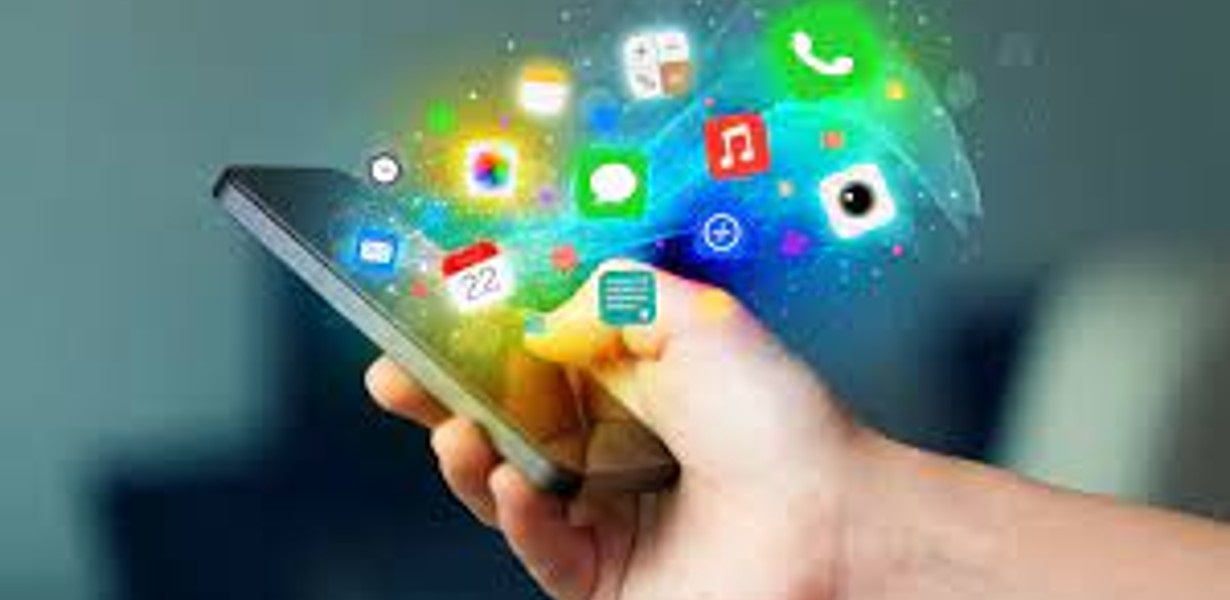
In today’s rapidly evolving digital landscape, the terms “apps” and “software” are frequently used interchangeably, leading to confusion among individuals who are not intimately familiar with the world of technology. While they share similarities, it is crucial to recognize the fundamental distinctions between these two concepts. In this comprehensive guide, we will delve into the differences between apps and software, the nuances of app and software development, and provide actionable tips for better comprehension.
Unveiling the Nuances
What Sets Apps and Software Apart?
Apps and software are both integral components of our digital lives, but they possess inherent dissimilarities. An app, short for application, is a program designed to perform specific tasks or functions on mobile devices, such as smartphones and tablets. They are typically available for download through app stores and serve a range of purposes, including entertainment, productivity, communication, and more. On the other hand, software encompasses a broader scope. It refers to a collection of programs, data, and instructions that enable a computer system to execute various tasks. Software can be categorized into different types, including system software, application software, and programming software. While apps are a type of software, not all software applications can be considered apps.
The Distinct Roles of App Developers and Software Developers
To better comprehend the differences between apps and software, it is essential to understand the contrasting roles of app developers and software developers. App developers specialize in creating applications that run on specific platforms, such as iOS or Android. They possess expertise in mobile app development frameworks and languages, ensuring compatibility with various devices. App developers focus on optimizing user experiences, considering factors such as usability, performance, and design. Software developers, on the other hand, have a broader scope and are responsible for developing software applications that run on multiple platforms, including desktops, servers, and embedded systems. Their expertise lies in programming languages and frameworks suitable for diverse environments. Software developers prioritize functionality, scalability, and robustness, often working on complex systems that require meticulous planning and execution.
Exploring the Functional Differences
While both apps and software serve functional purposes, they differ in terms of functionality and scope. Apps are typically designed to address specific user needs or provide entertainment. They often leverage the unique capabilities of mobile devices, such as GPS, cameras, and accelerometers, to offer enhanced user experiences. Examples of apps include social media platforms, gaming applications, and productivity tools. On the other hand, software encompasses a vast range of programs and systems, including operating systems, databases, web browsers, and enterprise applications. Software is designed to facilitate the management of complex tasks and processes, often catering to organizational or business needs. Software applications can be highly specialized, catering to specific industries such as healthcare, finance, or engineering.
FAQs: Unraveling Common Queries
1. What distinguishes an app from a software program?
Apps are a subset of software programs specifically designed to operate on mobile devices. While all apps can be considered software, not all software programs can be categorized as apps.
2. What skills are required to become an app developer?
Becoming an app developer entails a combination of technical expertise and creativity. Proficiency in programming languages such as Java, Swift, or Kotlin is crucial, along with knowledge of mobile app development frameworks.
3. How do software and app development processes differ?
App development is typically more focused on optimizing user experiences and leveraging the specific features of mobile devices. Software development, on the other hand, encompasses a broader range of platforms and often involves the creation of complex systems.
4. Can apps be developed for both iOS and Android?
Yes, apps can be developed for both iOS and Android platforms. However, since these platforms have different requirements and use different programming languages, developers often need to create separate versions of the app for each platform.
5. Are apps limited to mobile devices only?
While apps are commonly associated with mobile devices, they can also be developed for other platforms such as desktop computers, smart TVs, or wearable devices. The choice of platform depends on the target audience and the intended functionality of the app.
Conclusion
In conclusion, while the terms “apps” and “software” are often used interchangeably, it is crucial to recognize the distinctions between the two. Apps refer specifically to applications designed for mobile devices, while software encompasses a broader range of programs and systems. Understanding the nuances between app and software development, as well as their functional differences, enables us to navigate the digital landscape more effectively. By unraveling these intricacies, we can make informed decisions and leverage the power of technology to its fullest extent.
Advertisement







